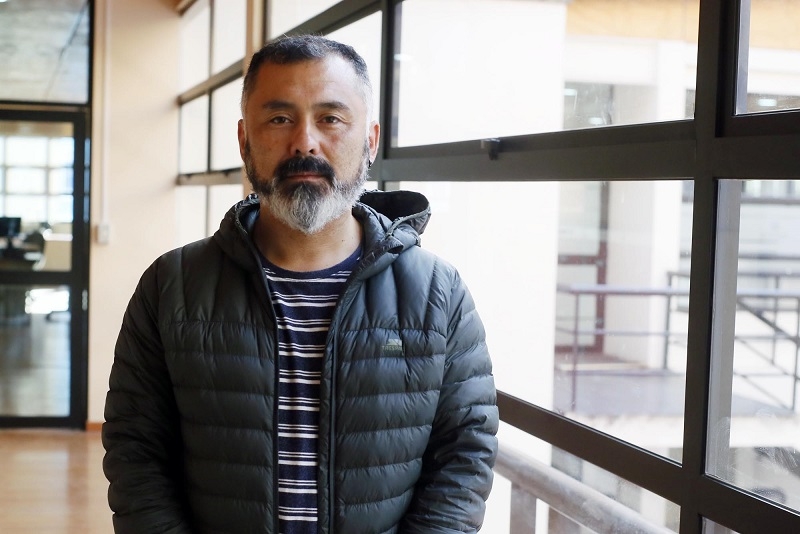Substantial discussions often take place on social media. One of them has to do with the tweet published on December 1 by the political scientist Patricio Navia regarding the incorporation of Marcelo Lagos to the command of Gabriel Boric: “Scientific knowledge (sic) does not have political colors. When scientists try to put political colors on knowledge and science, they leave science and go to the trench. It is your right as citizens, but do not say that you are doing science. ” This tweet was responded to by several people on the network, but one response in particular caught my attention. Cristina Dorador, renowned scientist and current constituent for District 3, responds by quoting Navia’s tweet: “Science is politics.”
The debate, I insist, is sufficient and in my case I would like to provide a perspective. The starting point is based on two debatable prejudices, the first is that theory of knowledge is often confused with theory of science. And the second is that the political question is reduced to the partisan field. The succinct expression of Cristina Dorador, in my view, resolved these two prejudices of a Paraguazo and I would like to explain how.
It is a confusion equating theory of knowledge and theory of science. While the theory of knowledge, philosophically speaking, is concerned with establishing the conditions that reason possesses for the possibility of all knowledge (e.g. Kant), the theory of empirical science subsumes itself to the theory of knowledge to the extent that it develops some of those conditions, following a scientific method to achieve evidence-based knowledge.
At least two things can be deduced from what has been said: first, that empirical science does not have to its credit all possible knowledge and, second, that reason has other conditions of cognitive possibility that can contribute knowledge in science. In this vein, for example, following the Kantian trail, Wilhelm Dilthey contributed the idea that among the inescapable conditions of reason is its historical condition. As Gadamer puts it in his text The problem of historical consciousness: “Dilthey emphasizes that we can only know from a historical perspective since we ourselves are always historical beings.” This strong philosophical appreciation leads us to understand, for example, why artificial intelligence was a scientific subject in the 21st century and it was not in the 16th century. This also means that a scientific reason does not pass in its historical moment as raised on its feet without touching solid ground. Every scientist will do science and communicate science inevitably traversed by the historical consciousness of his reason.
It is here where my reflection regarding the second prejudice opens, the political fact is not the same as the partisan question. The political has to do with the historical development of common existence within society. There is no human activity that can escape the political, because there is no human activity that can develop without the sense of otherness. There is science because there is someone, and not anyone. The sciences in the middle of the city make their knowledge available to everyone. The knowledge of the scientist and the scientist unfolds through a commitment to the humanity that constitutes them. It is ridiculous to think that scientific knowledge is developed with its back to society, as if science were destined to be locked up in the indexed magazine, in a book chapter, or was developed for the delight of gamusinos.
So saying “science is politics” is a success. It is a truth that unfolds in the inevitable historical condition of all scientific knowledge that is at the service of the society in which it is inserted.
Dr. Cristhian Almonacid Díaz, director of the Magister in Ethics and Citizen Education at the Universidad Católica del Maule





